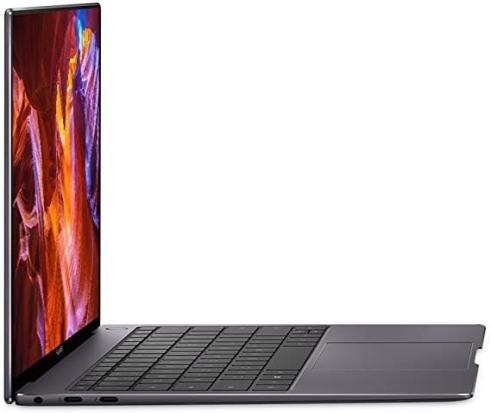When university students buy a computer, it is important to choose one that suits them as well as its price and appearance. Although computers may seem confusing at first glance, they all have different features and performance. If a computer is not suitable for your use, it may have a slow processing speed and take a long time to work. Therefore, consider the following items when making your purchase

Type of computer
There are two types of computer desktop computers and laptop computers. Desktop computers are the most common type of computer in universities and high schools, but laptop computers are more convenient for personal use by university students. The main advantage of laptop computers is that they can be carried around. In recent years, they have become increasingly lightweight and can be used anywhere, such as while travelling or writing reports while relaxing in a café. They can also be stored compactly when not in use, so you don't have to worry about space for them at home.
OS
OS stands for 'operating system' and refers to the programme that manages computer processes. Most computers used in Japan are either Mac or Windows-based. When choosing a computer, students are strongly advised to choose a computer with either Mac or Windows, as the Mac operating system is known as 'macOS' or 'Mac OS X'. The macOS OS is characterised by the fact that it can only be installed on PCs manufactured by Apple, while the Windows OS is characterised by the fact that the PC itself can be manufactured by manufacturers other than Microsoft. Famous manufacturers include Dell and HP. In the case of Windows, only parts can be purchased to create a self-built PC.
In this case, you need to select each part yourself, such as CPU, memory and grabber, and you also need to have knowledge about each part and cable, but you can also assemble it yourself. The functions available for each are different, so consider which one is right for you before you buy.

Specifications
The term 'specifications' is used not only for the computer itself, but also for peripherals such as printers and keyboards, and software specifications. Before installing a computer and when selecting a model, check the specifications to ensure that the performance is suitable for the application you want to use it for. It is not necessary that the computer to be installed is a high-performance computer in all aspects. You can choose one that meets the required specifications for your intended use.
You can check which models have which specifications in the catalogue or on the official website.
Price.
The price of a computer varies greatly depending on whether it is made by a domestic or foreign manufacturer, and furthermore on the specifications. As a rough guide, a computer in the $400-$800 class is sufficient for reporting and document preparation; the Matebook 14 has a high specification but an unbeatable price tag of just under $800.
Many of those priced over $800 have high specs, so it is recommended for science students who want to make good use of their computer. If you want a discount, you can buy it by searching huawei matebook d14 for sale on the website.
Conclusion.
A computer may or may not suit different people. Consider whether to buy one after actually going to the sales floor to try it out and considering whether it can be connected to your own electronic devices.
